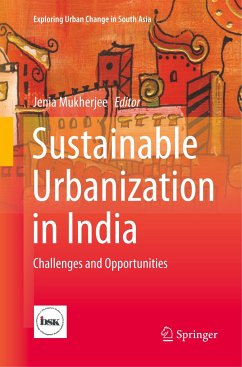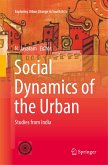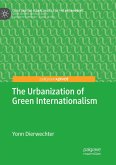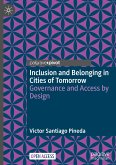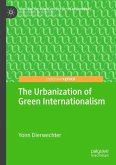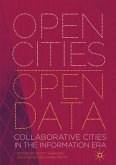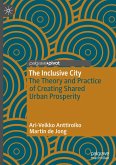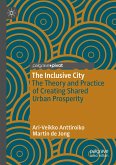This comprehensive volume contributes to the existing and emerging body of literature on contemporary urbanization and the interactions between cities and the environment. The volume is contextualized against latest theories, debates and discussions on 'sustainable urbanization', the post-2015 development agenda of the United Nations and India's official launching of the 'smart city' agenda. Reflecting on three major components of urban sustainability: investments and infrastructures, waste management, and urban ecologies and environmentalisms, it moves beyond the bi-centric approach of only looking into the differences between the 'developed' and the 'developing' world and reflects on cities across India using polycentric methods and approaches.
The Indian urban scenario is extremely complex and diverse, and solutions laid out in official and non-official documents tend to miss these complexities. This volume includes innovative research acrossdifferent parts of India, identifying city-specific sources of unsustainability and challenges along with strategies and potentials that would make the process of urban transition both sustainable and equitable. Complex explorations of non-linear, bottom-up, multisectoral process-based local urban contexts across north, south, east and west Indian cities in this volume critique a general acceptance of the universalized concept of 'sustainable urbanization' and suggest ways that might be important for transcending inclusive theories to form practical policy-based recommendations and actions.
The Indian urban scenario is extremely complex and diverse, and solutions laid out in official and non-official documents tend to miss these complexities. This volume includes innovative research acrossdifferent parts of India, identifying city-specific sources of unsustainability and challenges along with strategies and potentials that would make the process of urban transition both sustainable and equitable. Complex explorations of non-linear, bottom-up, multisectoral process-based local urban contexts across north, south, east and west Indian cities in this volume critique a general acceptance of the universalized concept of 'sustainable urbanization' and suggest ways that might be important for transcending inclusive theories to form practical policy-based recommendations and actions.

